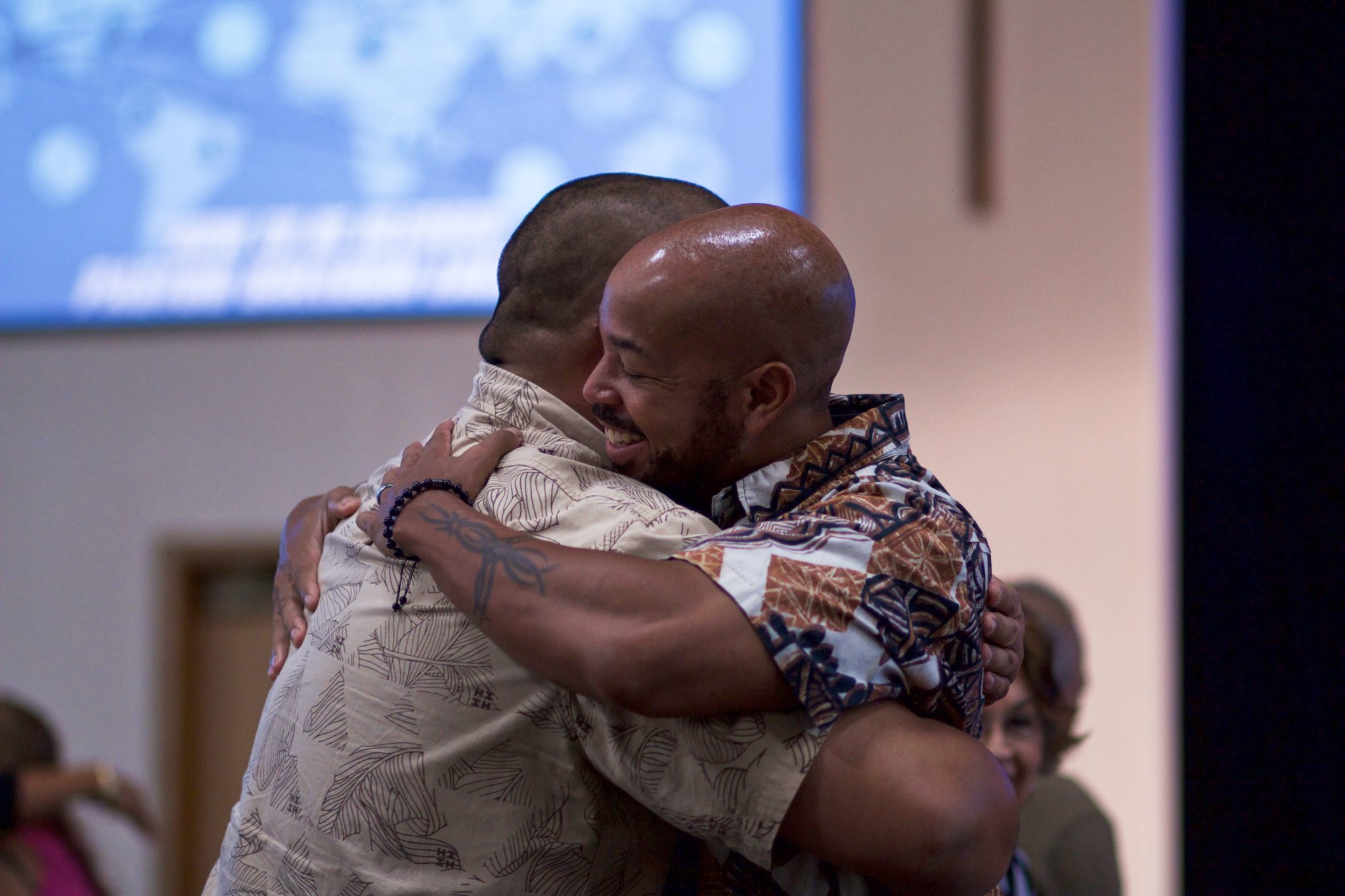
Grieving is a word that encompasses the feelings someone feels when they experience a painful loss. We use it when a loved one dies or when a relationship ends. Grief is how we describe the interiority of loss.
But there are myriad emotions in grief. We might feel bereft, lonely, sad, depressed, angry, unmoored, exhausted, or alone. We might also feel relieved or unburdened when a loved one passes, and those seemingly-negative emotions can cause us to feel guilt or shame. The truth is, it’s impossible to know which feelings we’ll feel or when we’ll feel them as we grieve.
Mourning is a word that addresses the outward actions we take that express our grief. We might wear all black, for instance. Or hang a flag or visit a grave to lay flowers. Mourning can be a ritual for some. It can be a comfort. It can also become overwhelming and perpetuate the overwhelming feelings of grief as we learn to move in the world without our loved one.
Remembering is a word that we use when we encourage loved ones to celebrate their beloveds. It might seem like an insignificant difference, to say we remember someone rather than that we mourn them; but we think it’s an important difference.
Grieving: What Is Mourning?
Mourning is a way or practice of making our interior feelings visible. We might visit a loved one’s grave or wear black to signal to others that we are grieving. We might refrain from celebrations or activities that bring us joy, because grief makes us feel sad and joyless.
Mourning is an important and familiar part of the grieving process. It’s important. One of the reasons it’s important is because it can let others know they’re not alone in their grief. Gathering together to mourn, maybe by going to church or services, can help us feel connected to each other when we feel most alone.

Grieving: What Is Remembering?
When we talk about remembering, we mean it in a way that includes both internal feelings and outward actions. For example, when we talk about remembering it might be that a family gathers to go to church or services together after the loss of a loved one, but then they also spend time together talking about their memories of the deceased.
Remembering a loved one after they’ve passed is one way to keep their memory alive. Some people might have a celebration on their birthday, for example. Others might establish a scholarship or a park in their loved one’s name as a way to keep their legacy alive.
Remembering a person doesn’t mean we idealize them after death. Sharing memories usually includes a mix of the wonderful and the mundane. But that’s not the point. The point is that remembering our loved ones after they die is a way to not only honor their memory, but to help ourselves move through grief.
Grieving: Laughter Can Help!
When we share funny stories about our loved one, the laughter that ensues can actually be healthy for us as we grieve. When we laugh we feel better about life in general. Laughing releases endorphins and chemicals that help our brains feel happier. Laughter can strengthen our immune system, lower blood pressure, increase the production of T-cells, and more. It’s not just an emotional antidote to what ails us when we grieve; it’s helpful physically as well.
When we shift our focus from mourning to remembering, we allow more levity and joy. This is not to say that mourning is bad; it absolutely is not. But taking care of ourselves after a devastating loss is also vital. As human beings, we deserve to feel joy, to celebrate ourselves and each other, and to enjoy life. Those impulses can be confusing when we are overwhelmed with grief, but that’s precisely why it matters so much.
Remembering: Helping Others As They Grieve
Often it feels impossible to know what to say to someone in the depths of grief. Sometimes that’s so uncomfortable that we avoid those who are hurting, for fear of saying something wrong or upsetting them more.
But it’s ok to say the names of their loved one. It’s ok to share a memory of them, to tell the person grieving what you loved most about their beloved. It’s ok to sit with them to acknowledge their pain and their grief, and to listen to them as they cry or talk.
What matters, really, is that we help each other through the hardest times. That’s what we’ve always believed, and it’s what we’ve always tried to do. Yes, there are logistical things to take care of and we’re here for that, too. But we’re so very honored to be trusted when people lose a loved one. We want to help you celebrate their life and we want to help you remember them now and for years to come.
Please remember that there is no one way to grieve. There’s no correct way to grieve. Some people will wear black much longer than others; some will never wear black. That’s all ok. Some will feel sad and somber for much longer than others. Some will find joy even on the darkest days. That’s ok, too.
No matter how different our grief journeys look, we all understand what it is to feel sorrow and pain. Being here for each other and holding space to remember those we’ve lost can make all the difference.



Recent Comments